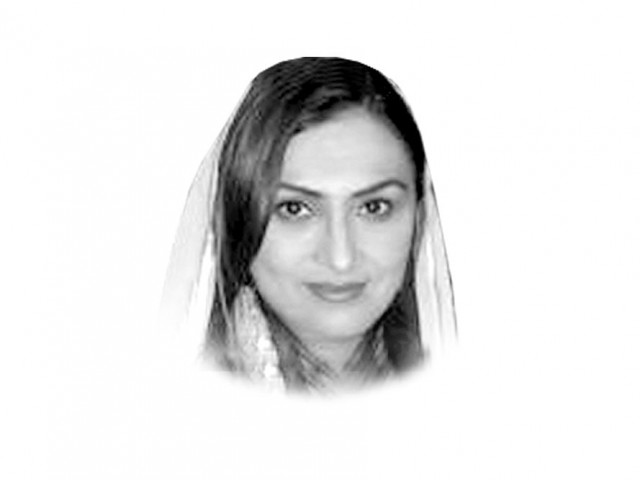Where is civil society?
Only the directly affected come out on the streets in Pakistan.

Society as a whole does not react. If it were to react with enough pressure, the issue would not only be resolved immediately but would also not occur again. Vibrant societies keep their governments on track. They do not wait for ineffective parliaments to continue debating issues indefinitely. Vibrant societies keep a check on the parliament and the executive by forcing them to fix issues. They realise that relying on a parliament that plays by the elitist standards of ‘you cover my corruption and I will cover yours’, is not the way forward.
There is a lot of talk of looking at the Middle East, and how the people there have awoken. The issue in Pakistan is that we are told we have a functional parliamentary democracy and thus the Middle Eastern awakening won’t happen here. There is a false sense of hope that, since parliament exists, there is space to let the steam off. Whilst this is technically true, it is, in fact, very misleading. A parliament which protects the interests of the corrupt across political parties cannot give justice.
What will it take for people to come out on the roads? In January, when I stood with lady health workers outside the Governor House in Karachi, I saw 300 women fighting for their rights, accompanied by the faithful Pakistani media. As I sat with them, I thought about how they served their country, but when their salaries were not paid, nobody showed up in their support. Had the people of Karachi joined these workers, their issue could have been resolved.
The conclusion is that in Pakistan only the directly affected come out on the streets. Were civil society to join them, and share their pain, their struggle would be far more productive.
I have taken part in a lot of protests in my three years in politics. They have been painfully slow at getting the desired results. I often reflect on the small number of people who turned up at these protests. Even in the long march from Quetta to Islamabad, which was meant to address the issue of government employees emoluments, only a fraction of the affected people showed up to protest.
Why doesn’t a greater majority turn up to protest on the streets? Perhaps because we have become used to living in the midst of injustice. Perhaps because we have become used to our fate not changing. We need to believe that a fellow Pakistani’s pain is our pain and we need to react jointly. Only unity gets results. What will it take for you to react? When injustice strikes at your own doorstep?
Published in The Express Tribune, February 9th, 2011.












1724319076-0/Untitled-design-(5)1724319076-0-208x130.webp)


COMMENTS
Comments are moderated and generally will be posted if they are on-topic and not abusive.
For more information, please see our Comments FAQ